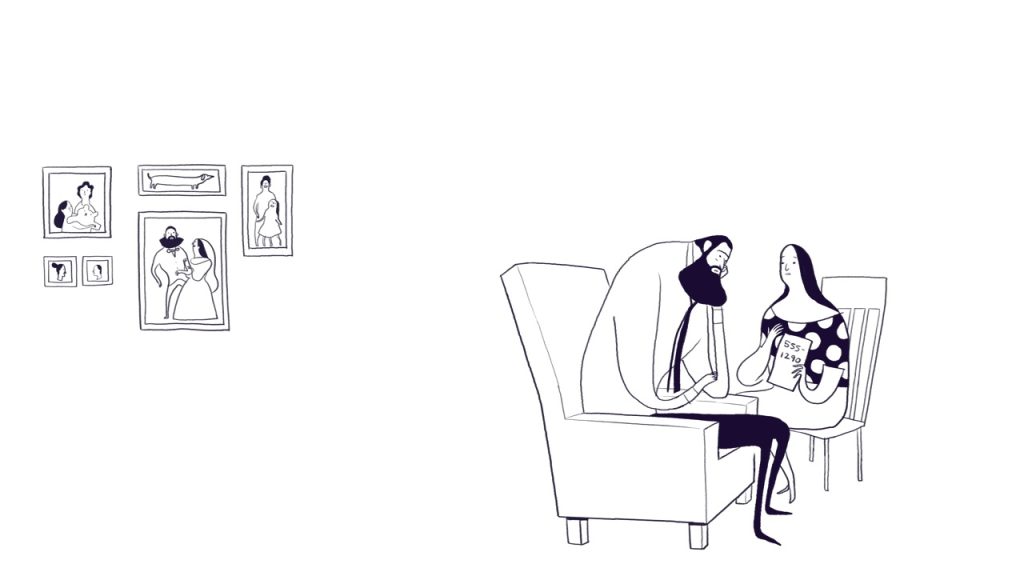You’ve Got a Plan! How to Guide Your Loved One Towards Recovery

Yes, you can give your loved one the gift of recovery, but you’ll need a plan. Allies in Recovery offers its members a unique product, the ability to work though the dizzying time of a loved one’s addiction as well as the skills to guide them to treatment and recovery.
This post originally appeared on the Allies in Recovery member site. It will give you a taste of all the resources we make available to our members, and how they will help you help your loved one.

Illustration © Eleanor Davis
Congratulations! You’ve made it to this site
This means you are putting together a plan for dealing with substance abuse in your family. And not just any plan – a plan that puts together the best that science and practice have to offer.
So pause and take a deep breath because on this site you will find everything you’re going to need.
The video modules on our member site (view an excerpt here) lay out the plan step by step. You’re going to start by making sure you know how to stay safe and you’re going to think through what you would do in a crisis.
With our guidance, using the key observation exercises, you are going to identify the aspects that are key to your relationship and to your loved one’s substance use. These observations will help you see what’s important, where you can assert yourself and influence change, and where you can clean things up and make your message clearer.
Next, it’s time to focus on your communication
Learn how to avoid fights, the vagueness that consumes relationships where there is substance abuse, and how to really listen to your loved one. Communication is so important. It will help build back that bridge between you, it will soften things, and help you remember the power you do have to alter outcomes.
It’s also time to ask the key question: are they using right now or are they not?
You’ll want to put other things aside and focus on what is right in front of you with regards to your loved one’s use. She just came home: is she doing that little smile she does when she’s been smoking?; are his eyes drooping?; is he avoiding looking at me? Or, is her energy normal?; is he on time?; does his voice sound strong?
You know what to look for, and with our help, you’ll be making some notes based on those key observations. You can now behave and communicate in a way that lines up with these observations: stepping away, removing rewards, and allowing natural consequences if they’re using, or stepping in and rewarding if they’re not.
And you’re getting a handle on your own thoughts and feelings. You’re paying attention to how you may be distorting your thoughts and making yourself feel bad. You’re cutting yourself a break, and taking time for yourself; looking for a better balance in your life.
Finally, you’ll do the homework around treatment
You’ve identified some options and written them down for your loved one. You understand the admissions process and what insurance will cover. You’ve learned to look for wishes and dips, moments when your loved one’s motivation for change is showing, either through a wish for something more in their life, or a dip, those bad feelings that accompany use. You’ve scripted your request to your loved one to consider treatment and you’ve rehearsed it a couple times. You’re ready to step in at a moment’s notice and intervene.
Now take another breath. You’re as ready as you can be, with the best plan possible, adapted to your specific situation . Stay alert and connected.
Join the Allies in Recovery member site today for full, unlimited access to our e-learning platform, expert guidance, and the chance to connect with others in your situation. Learn more here.
